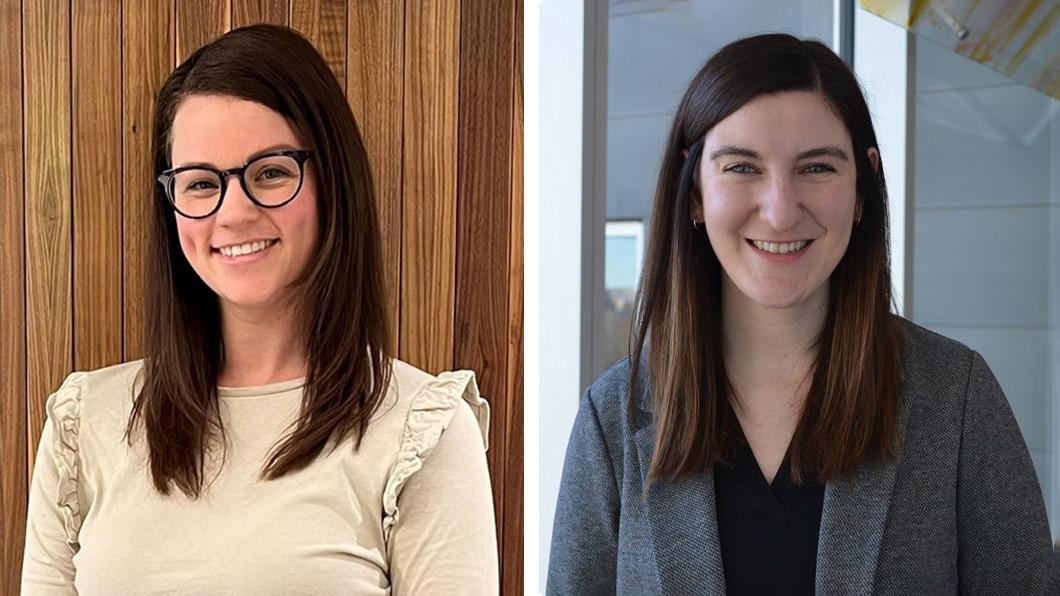
Spotlighting the latest grants received by BRI scientists and trainees to advance research in brain injury and concussion
Everyday, nearly one person in Canada experiences a serious brain injury, according to the Ontario Brain Injury Association. What’s more, about one in 450 children and one in 200 youth experience a brain injury that results in acquired brain injury (ABI). The majority of ABIs are hard to detect, without any outward physical signs of injury.
That’s why Dr. Shannon Scratch and her research team at the NOvEL (Neurorehab Outcomes via Education & Learning) lab are focused on neurorehabilitation research to support youth who experienced a brain injury and their families.
One of her research projects focuses on how educators can support children and youth living with brain injuries in the classroom: Teaching Educators about Acquired Brain Injury or TeachABI.
TeachABI
TeachABI is an online training program that has been co-created by parents and educators to provide educators with the knowledge and resources to support students living with an ABI return to the classroom.
The program was first piloted with elementary schools in 2022, and now is being expanded to high schools across Ontario, thanks to two new grants: a Social Sciences and Humanities Research Canada Insight Grant and an Early Researcher Award awarded by the Province of Ontario.
“Teachers in the province actually don’t receive any formal training about acquired brain injury within Ontario schools despite it being the leading cause of death and disability in children. ABI is also not recognized as a diagnosis that requires mandatory academic accommodations,” says Dr. Scratch, a clinician scientist and the lab’s director. “These online training modules aim to close the gap by giving teachers the tools they need to support students so they create a healthier learning environment.”
Healthier classrooms for all
Through these grants, Dr. Scratch and her team will pilot the module with Ontario schools with the future goal to making it available as an online resource to all Ontario educators.
Supporting neurodivergent kids with concussions
Dr. Kylie Mallory, one of Dr. Scratch’s post doctoral fellows, is working to develop clinical recommendations to support children and youth with a neurodevelopmental disorder (NDD) who have experienced a concussion.
Dr. Mallory is the only post-doctoral fellow in Canada to receive an ENRICH Post-Doctoral Clinician Researcher Salary Award this year, which will support her research in developing these clinical recommendations.
Over the next two years, Dr. Mallory will conduct research to better understand the services available to children and youth with a NDD who experience a concussion as well as their families and the clinicians who work with them. She will then share these findings with children and youth with a NDD who experience a concussion, their families, clinicians, and researchers.
These critical clinical recommendations for children with NDD and concussion can then be included in national clinical practice guidelines, such as the PedsConcussion Living Guideline for Pediatric Concussion Care, an online resource led by CHEO Research Institute and University of Toronto to help inform concussion-care practices of health-care professionals across a variety of medical settings .
“Children and youth with a NDD who experience a concussion are an underrepresented group in clinical concussion care and research. There are currently no clinical guidelines to support this population. Through this work, I am excited to collaborate with children and youth with a NDD who experience a concussion, their families, and clinicians to help to inform clinical recommendations and care.”